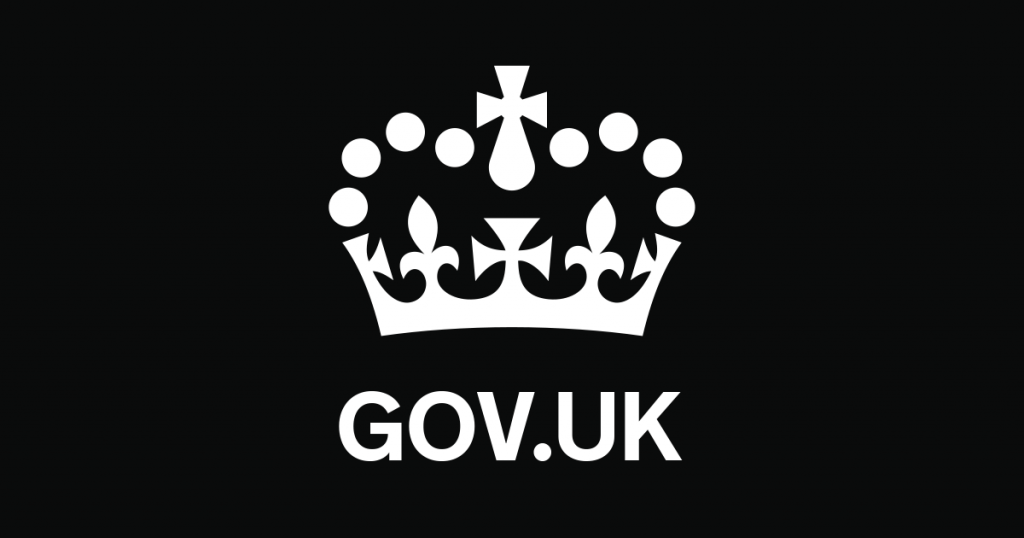
The Economic Crime (Transparency and Enforcement) Act 2022 (ECTEA) which came into force on 1 August 2022, introduced an online Register of Overseas Entities (OEs), which is maintained by Companies House, and serious penalties for non-compliance. It is important to note that this legislation affects all those who deal with UK property including lenders, as well as any UK entities or individuals who buy, sell, lease or lend to OEs.
The ECTEA requires overseas entities that own, or are intending to acquire, property in the UK to register their details with Companies House. OEs are required to provide information about their beneficial owners or managing officers, and they must update this information annually. Companies House will allocate a unique overseas entity ID (OE ID) for each entity upon registration.
Failure to register and provide the necessary information is a criminal offence and could result in fines of up to £2,500 a day, a prison sentence of up to 5 years and will result in restrictions on buying, selling, transferring, leasing or charging land or property in the UK.
What is the purpose of the legislation?
- To prevent the use of property or land in the UK for money-laundering purposes being part of the government’s drive to tackle deliberately concealed property schemes.
- It will provide greater transparency as to ownership structures and source of funds, which in the past have been hidden by the use of overseas companies which are based in offshore jurisdictions.
What is an Overseas Entity?
- Any company or LLP that is governed by the law of a country or territory outside the UK. This includes companies registered in the Isle of Man, Jersey, Guernsey, and the Channel Islands.
- The ECTEA 2022 includes all types of legal structures, including trusts and unincorporated associations.
- If you are an OE who owns or leases property in the UK, you should have already received a letter from Companies House setting out the requirements and steps you will need to take to register.
What property needs to be registered?
- A ‘qualifying estate’ is any freehold or leasehold estate in land or property within the UK granted for a term of more than seven years
Important dates:
- In England and Wales, the ECTEA 2022 applies to property registered with HM Land Registry on or after 1 January 1999.
- If you are an OE that holds a qualifying estate, you will need to register with Companies House before the deadline of 31 January 2023. This is the end of the 6 month ‘transitional period’ that began on 1 August 2022.
- It is important to note that the legislation is retrospective as OEs who disposed of property or land anywhere in the UK after 28 February 2022, will need to register and provide details of the disposal, even if the relevant property is no longer owned by the OE.
- From 5 September 2022, an OE who purchases a qualifying estate in land will not be able to apply to register the property and become the legal owner without an OE ID.
- From 31 January 2023, if an OE transfers property and has not registered, the transaction is a criminal offence, and the sale proceeds are considered proceeds of crime. This not only has significant consequences for sellers, but also all relevant buyers.
An Overseas Entity must:
- Provide the following information electronically to Companies House (and to update it annually):
(a) name;
(b) country of incorporation or formation;
(c) registered or principal office;
(d) a service address;
(e) an email address;
(f) the legal form of the entity and the law by which it is governed; and
(g) any public register in which it is entered and, if applicable, its registration number in that register.
- Take reasonable steps to establish if there are any Registrable Beneficial Owners that will need to be notified to Companies House.
- Send the beneficial owner a notice asking them to confirm whether they are a registrable person, and to complete their details if they are.
Prior to submission of this information to Companies House, a UK regulated agent (supervised under the Money Laundering, Terrorist Financing and Transfer of Funds Regulations 2017) will need to verify this information and carry out checks on all beneficial owners and managing officers of the OE.
Trusts
- Where a corporate trustee of a non-UK resident trust holds UK land, the trustee may itself need to register as an OE.
- A trust can be a beneficial owner and the same information as above will need to be provided in relation to the trust and trustee.
After registering:
- You will need to provide HM Land Registry with your OE ID when you purchase, sell, transfer, lease or charge property or land within the UK.
- Immediately after registration at HM Land Registry, a restriction will be placed on your title which prevents further dispositions without an up-to-date OE ID.
- Restrictions will also be placed on all titles where OEs currently own UK property which was acquired on or after 1 January 1999.
Next steps
As there may be initial delays in the verification and registration process, OEs should consider registering as soon as possible, to avoid potential criminal liability for failing to be registered by the 31 January 2023 deadline.
The legislation surrounding the overseas register is complex and still very new with limited guidance available. This article should be treated as no more than a summary of what we know so far.
If you do require further information in relation to the new legislation and any possible implications, our specialist team of commercial property solicitors can provide tailored advice.
Categorised in: Commercial Property, News, Residential Property
Tags: Commercial Property, Landlord and Tenant, Residential Property